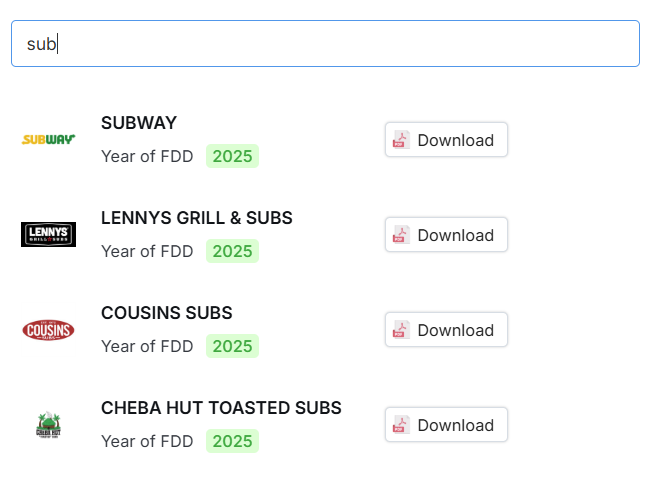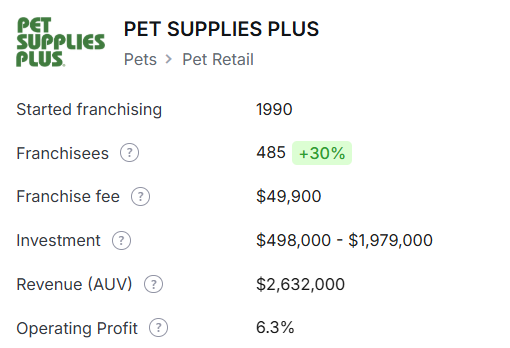
KEY FRANCHISE STATS
?
?
?
?
$2,383,000
The Counter, established in 2003, revolutionized the burger industry with its premium offerings and unique approach to the traditional burger restaurant. The inaugural location in Santa Monica set the stage for the brand's expansion to multiple locations.
What sets The Counter apart is its highly customizable menu, offering guests the choice of a wide array of proteins, cheeses, toppings, sauces, and buns, resulting in over a million possible burger combinations. This innovative concept is delivered in a full-service, casual dining atmosphere, characterized by industrial décor and lively music.
In 2005, just two years after its founding, The Counter began franchising, introducing its distinctive dining experience to new markets. This strategic expansion underscores The Counter's dedication to reinventing the classic American burger, using high-quality, locally sourced ingredients to craft unique, flavorful options within a hospitality-focused environment. The Counter is headquartered in Culver City, California.
Create a free account to access this table and more.
For more information see our plans here.
The Counter offers 2 types of franchises:
We are summarizing below the main costs associated with opening a traditional The Counter restaurant franchise.
For more information on the various types of franchises and its costs, refer to the Franchise Disclosure Document (Item 7).
Below are some of
The Counter
key competitors in the
Burger
sector.

8
6.00%
$711,000
-
$1,984,000
$2,383,000
n.a.
$xxx,xxx
n.a.
n.a.
The franchisor provides an extensive training program tailored for up to three participants, covering the essentials of running the Franchised Business. The training is segmented into three key modules:
Additional Programs and Ongoing Support
Franchisees may be required to attend refresher courses or additional training sessions. The franchisor also organizes an annual conference to introduce new products, sales strategies, marketing techniques, staff training methods, advertising initiatives, and merchandising practices.
Training Store Certification
Franchisees can apply for Training Store Certification, signifying that their business meets the franchisor's performance standards and that both the General Manager and Kitchen Manager possess the required experience and training credentials set by the franchisor.
The franchisor has the discretion to assign a "Protected Area" for The Counter restaurant, defined by specific geographic or political boundaries such as roads or distance radii.
Despite this, franchisees will not be granted exclusive territorial rights. Competition could come from other franchisees, franchisor-owned outlets, or other distribution channels or brands managed by the franchisor.
Certain locations are excluded from the Protected Area. These include airport properties, mass transit stations, professional sports stadiums, hotels, military bases, entertainment parks, casinos, and educational institutions. In these areas, the franchisor or its affiliates may open The Counter restaurants in any format.

?

?
?
?
?
?
?
?
?
?